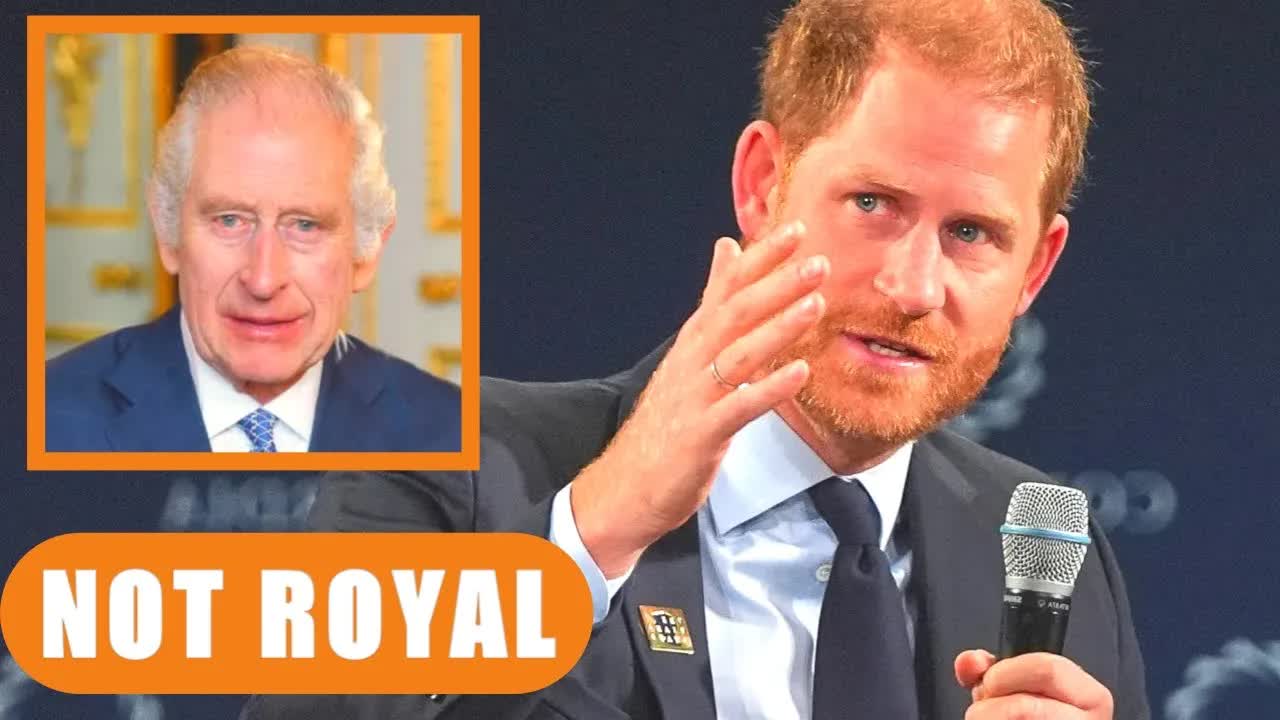Prince Harry, the Duke of Sussex, made headlines this past Sunday night when he attended a private dinner hosted by the World Health Organization in New York City.
This wasn’t just any gathering; it focused on a pressing issue—violence against children and its mental health implications.
What makes this appearance particularly noteworthy is that Harry did so without the explicit permission of Buckingham Palace, further complicating his already strained relationship with the royal family.
The event attracted an impressive roster of attendees, including notable figures like Hollywood actor Forest Whitaker and Queen Mathilde of Belgium.
Throughout the evening, Prince Harry was seen mingling and posing for photos, seemingly at ease among the UN agency workers present.
However, his presence at this high-profile event has sparked renewed scrutiny and speculation about his standing within the royal family.
Many observers are questioning Harry’s decision to represent the monarchy without prior approval.
This act is perceived by some as a challenge to the established norms and traditions that the royal family has adhered to for generations.
Royal commentator Emily Andrews noted that Harry’s actions undermine the carefully crafted public image that the monarchy has worked diligently to maintain.
The backdrop of this incident is a well-documented history of tension between Prince Harry and the royal family.
Since stepping back from their roles as senior royals in 2020, Harry and his wife, Meghan Markle, have faced multiple public disputes with the institution.
Their explosive interview with Oprah Winfrey in 2021 only intensified these rifts, making this latest unauthorized appearance feel like yet another chapter in a long-running saga.
Richard Fitzwilliams, a royal expert, emphasized that this incident is far from isolated.
He remarked that the ongoing tensions remain palpable, and Harry’s choice to attend the event in New York will likely escalate matters further.
It’s clear that the complexities of his relationship with the royal family are still very much unresolved.
Harry’s appearance was part of a broader agenda during the United Nations General Assembly High-Level Week and Climate Week, where he continues to champion various humanitarian and environmental causes.
Yet, the lack of Buckingham Palace’s endorsement for this event has raised eyebrows among royal watchers and the general public alike.
Dr. Carolyn Harris, a royal historian, pointed out that Harry’s actions signal a significant departure from traditional royal protocols.
By attending the dinner without consent, he seems to be asserting his independence and challenging the monarchy’s established order.
This move could be interpreted as a bold statement about his desire to carve out his own path.
The controversy surrounding this dinner has reignited discussions about the royal family’s role in today’s world.
Some argue that the monarchy must adapt to contemporary expectations to remain relevant, while others maintain that upholding traditional values is crucial for preserving the institution’s legitimacy.
As Harry navigates this complex landscape, the implications of his actions extend beyond personal relationships.
They touch on the very fabric of the monarchy and its future in a rapidly changing society.
Related Stories

